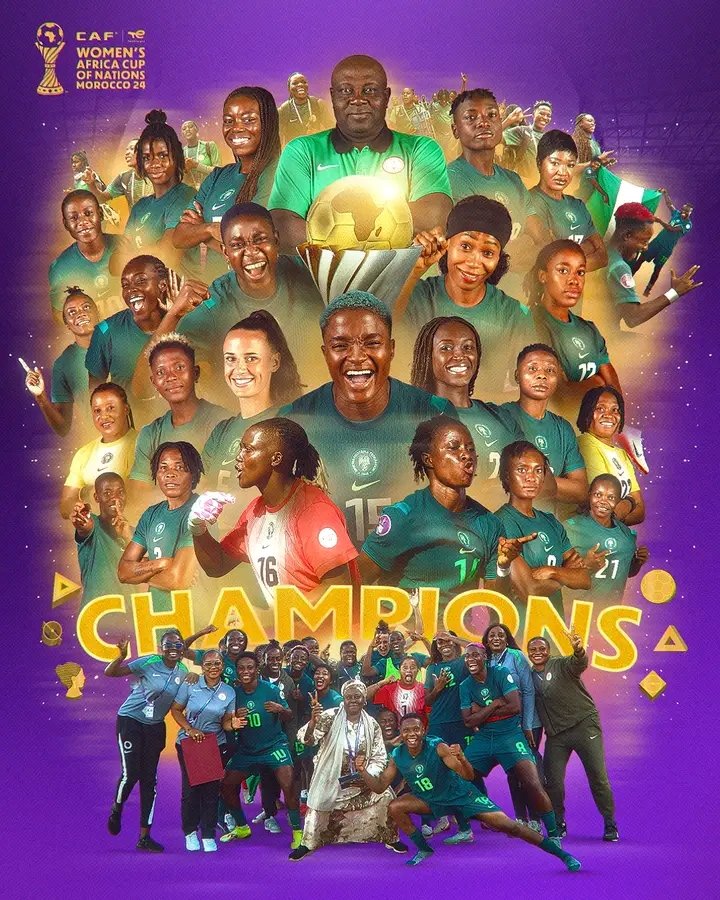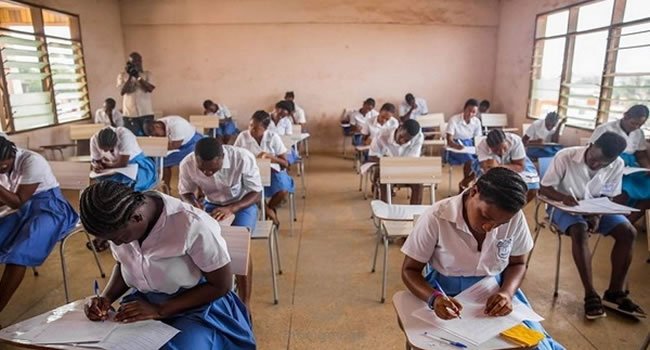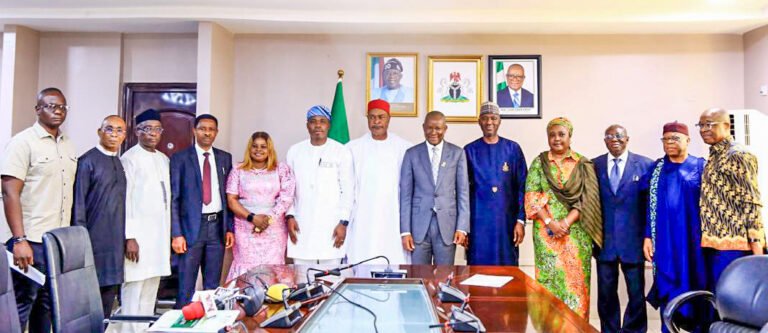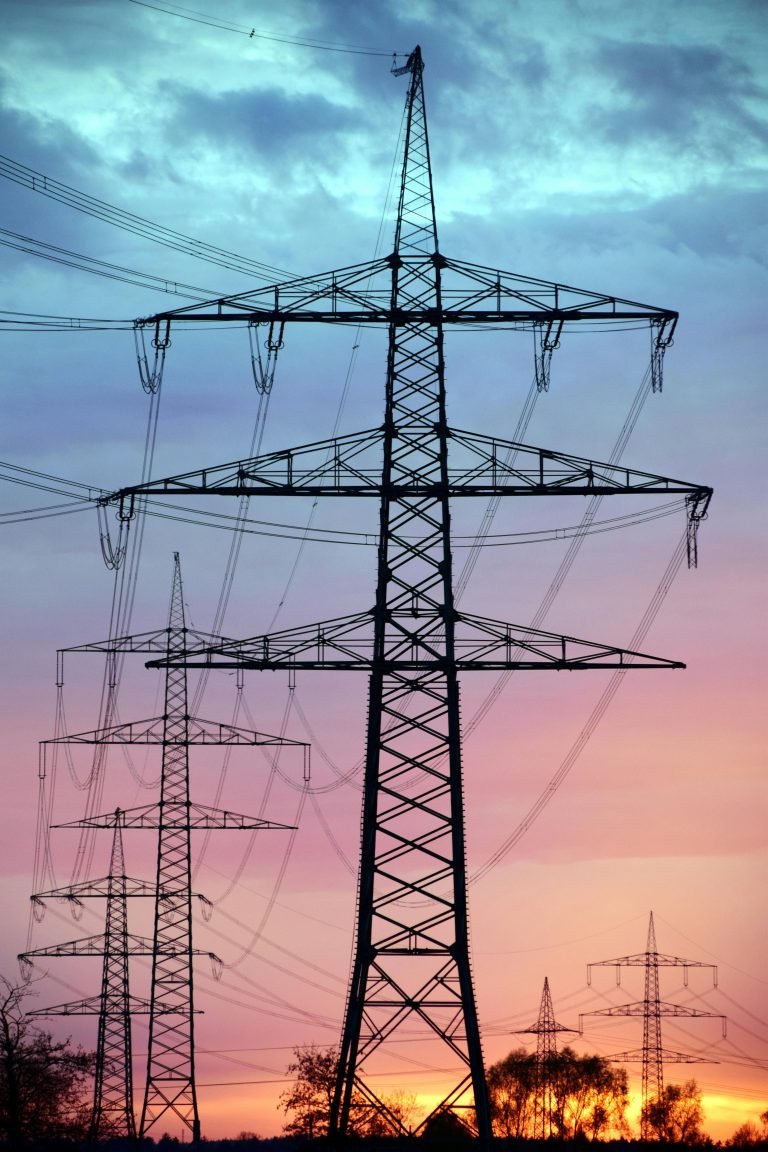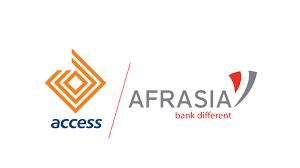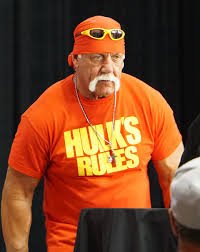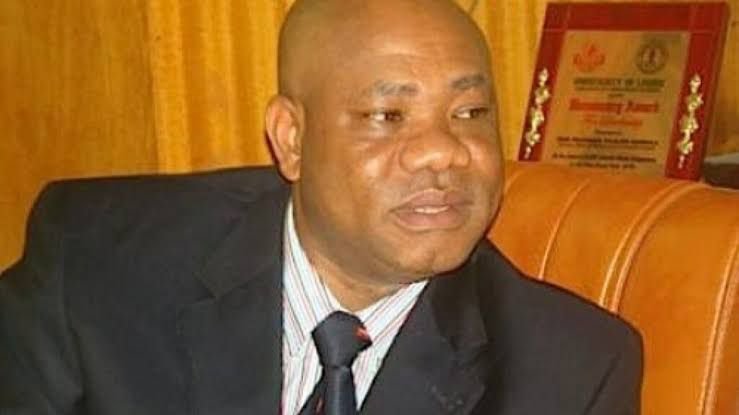Ngozi Okonjo-Iweala, the Director-General of the World Trade Organization (WTO), has officially announced her bid for a second term, aiming to continue her efforts to reform the global trade body.
Having made history as the first African and the first woman to lead the WTO, Okonjo-Iweala has expressed her commitment to tackle “unfinished business” in global trade reforms.
Professional Background
Her leadership has been marked by challenges like resolving disputes on fisheries subsidies and agriculture negotiations, as well as reforming the WTO’s dispute settlement system.
Also Read:
Her term, which began in 2021, has seen the organization address key issues, including the introduction of treaties on cutting fisheries subsidies and the accession of new members to the WTO.
However, ongoing geopolitical tensions, particularly between major players like the U.S. and China, have complicated efforts to reform the global trade system. Despite these hurdles, she has garnered widespread support, with African countries and other member states urging her on .
The Director General’s journey has not been without challenges. The U.S., under President Trump, initially blocked her appointment, citing skepticism about the WTO’s effectiveness. However, she secured support from the Biden administration, which has since been more open to discussing potential reforms, particularly in the WTO’s dispute resolution system.
Looking forward, Okonjo-Iweala is set to focus on key priorities during her next term. The task is daunting, but Okonjo-Iweala remains optimistic about driving progress, despite the organization’s “very tough” environment.
“For my second term, I intend to focus on delivering,” she stated.
She has until November to formalize her candidacy, though no opposing candidates have emerged yet.
Her decision to seek re-election reflects the strong backing she has received, with over 58 countries, including many African nations, expressing support for her leadership.
Should she secure another term, her continued reforms could steer the WTO toward greater relevance, helping to moderate tensions and foster collaboration between diverse economies.










